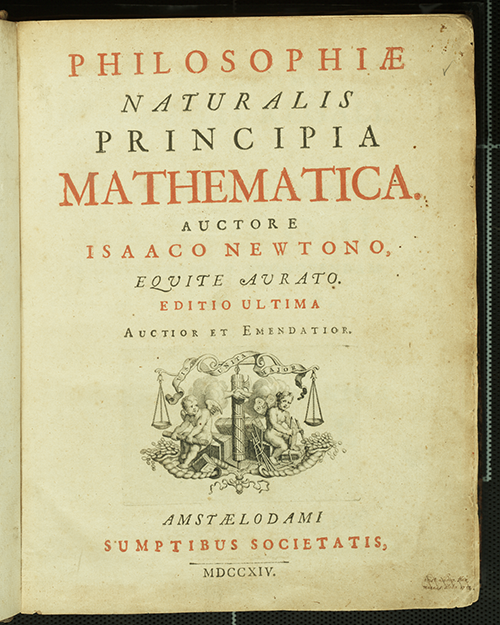

If the axiom is apparently self-evident, that only means, practically, that it is nearly indubitable for things have been thought to be self-evident and have yet turned out to be false. The reason for accepting an axiom, as for accepting any other proposition, is always largely inductive, namely that many propositions which are nearly indubitable can be deduced from it, and that no equally plausible way is known by which these propositions could be true if the axiom were false, and nothing which is probably false can be deduced from it. Self-evidence is never more than a part of the reason for accepting an axiom, and is never indispensable.

As they tell us in the Introduction to the first volume of Principia,

In response, Whitehead and Russell argued that both axioms were defensible on inductive grounds. In the minds of many, the issue of whether mathematics could be reduced to logic, or whether it could be reduced only to set theory, thus remained open. Kanamori sums up the sentiment of many readers: “In traumatic reaction to his paradox Russell had built a complex system of orders and types only to collapse it with his Axiom of Reducibility, a fearful symmetry imposed by an artful dodger” (2009, 411). Although technically feasible, many critics concluded that the axiom was simply too ad hoc to be justified philosophically. The axiom of reducibility was introduced as a means of overcoming the not completely satisfactory effects of the theory of types, the mechanism Russell and Whitehead used to restrict the notion of a well-formed expression, thereby avoiding Russell's paradox. Arguably it makes the kind of assumption generally thought to be empirical rather than logical in nature. The axiom of infinity in effect states that there exists an infinite number of objects. Although Principia succeeded in providing detailed derivations of many major theorems in finite and transfinite arithmetic, set theory, and elementary measure theory, two axioms in particular were arguably non-logical in character: the axiom of infinity and the axiom of reducibility. Primarily at issue were the kinds of assumptions Whitehead and Russell needed to complete their project. Achieving Principia's main goal proved to be a challenge.


 0 kommentar(er)
0 kommentar(er)
